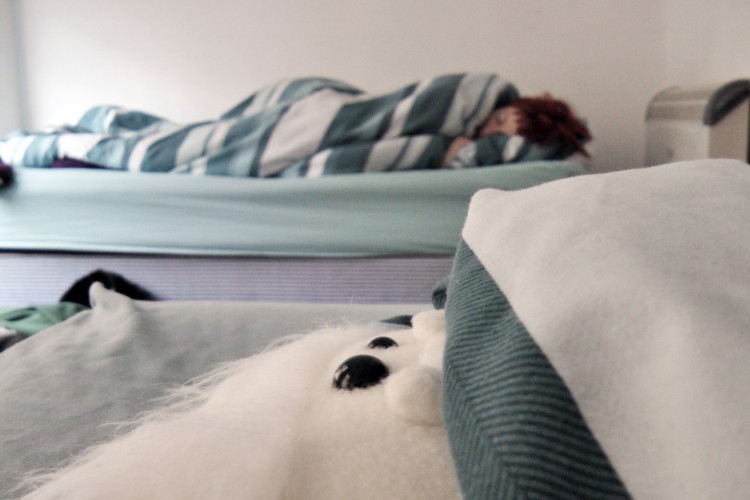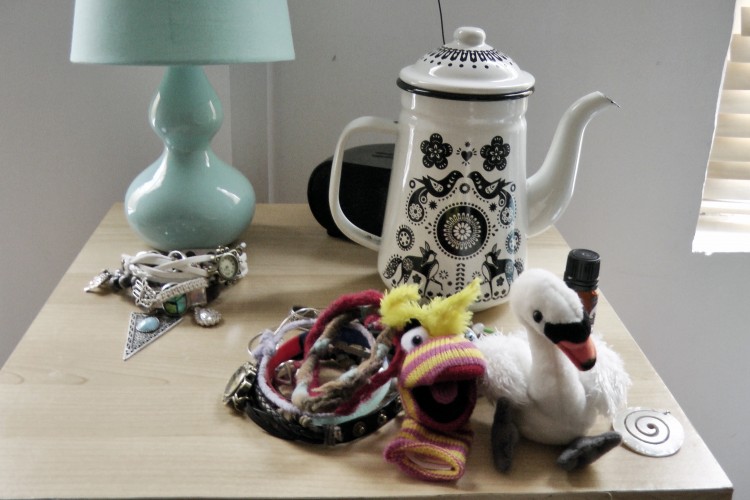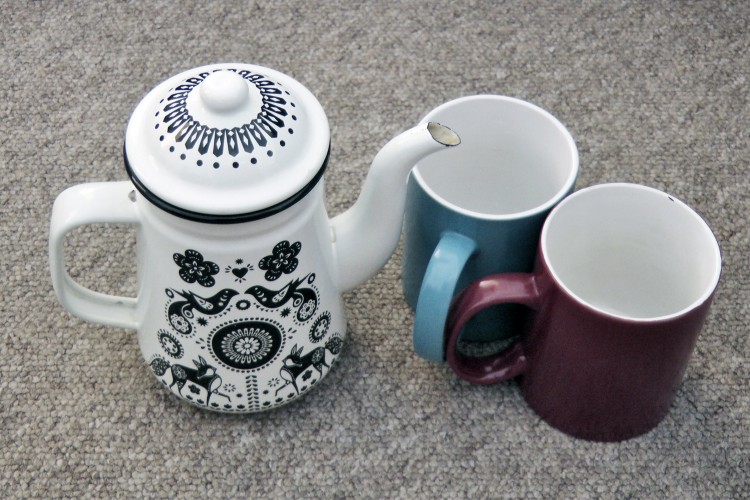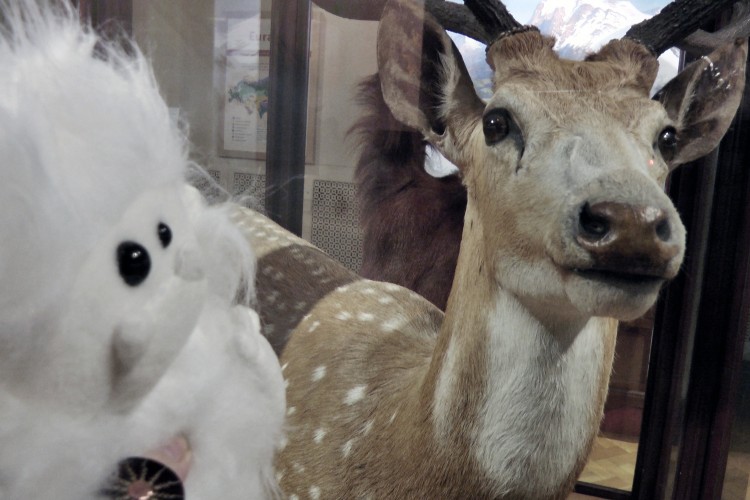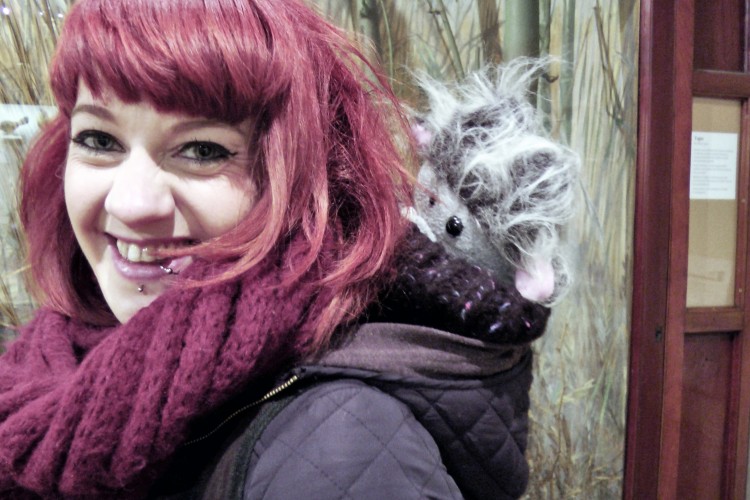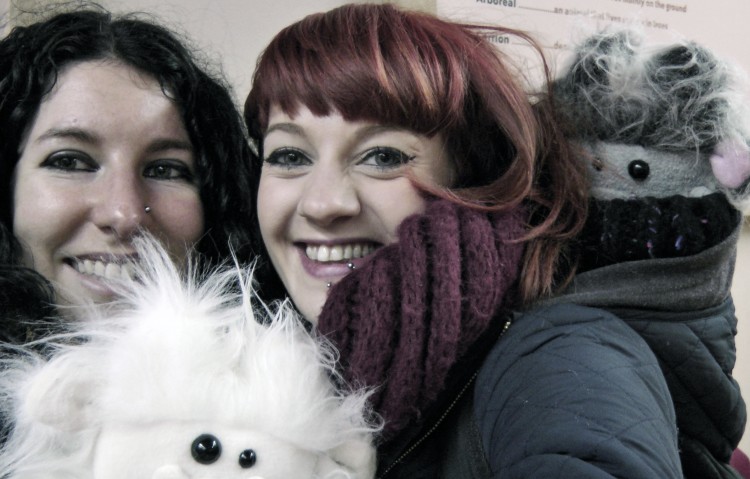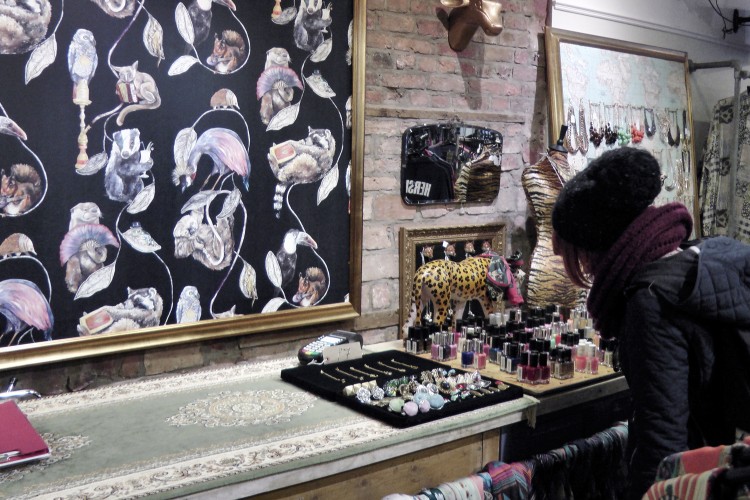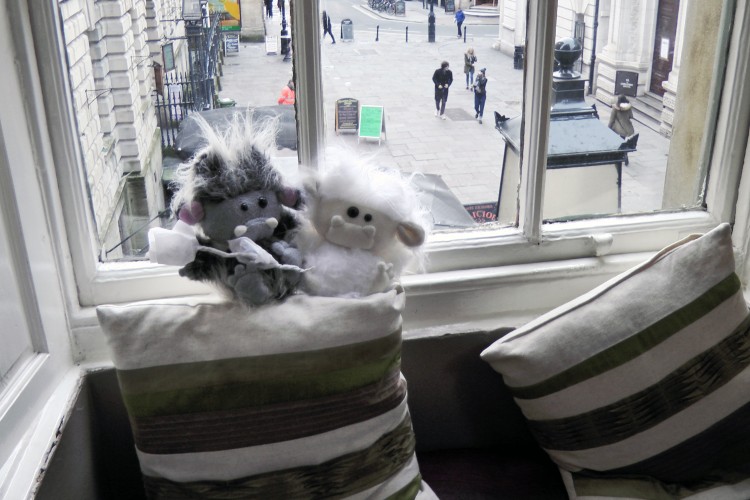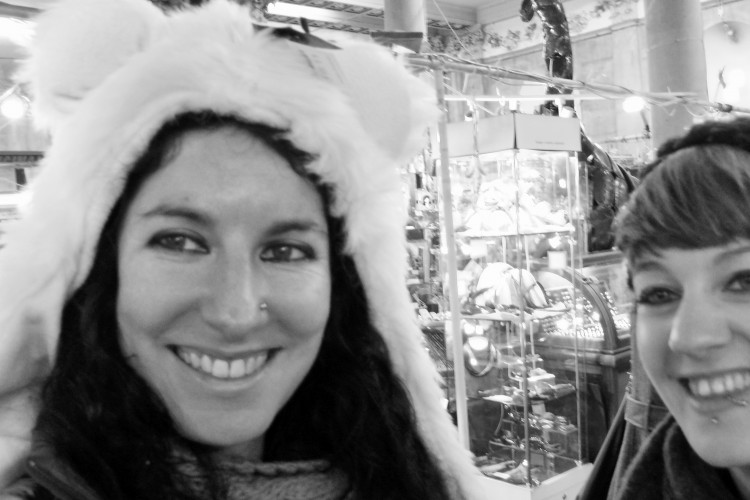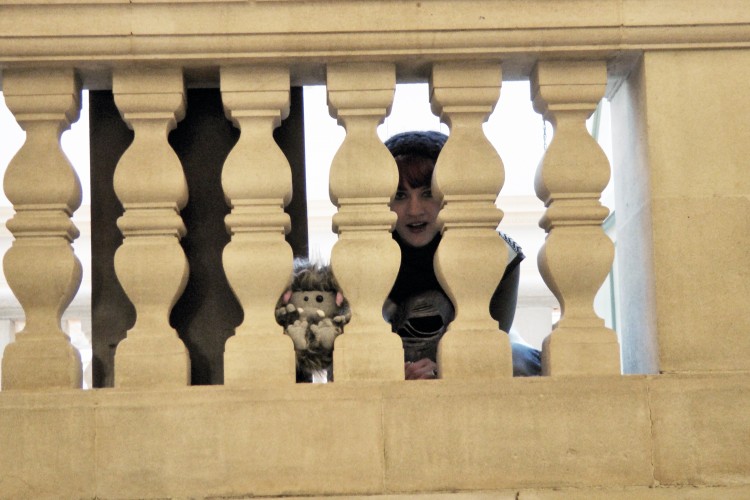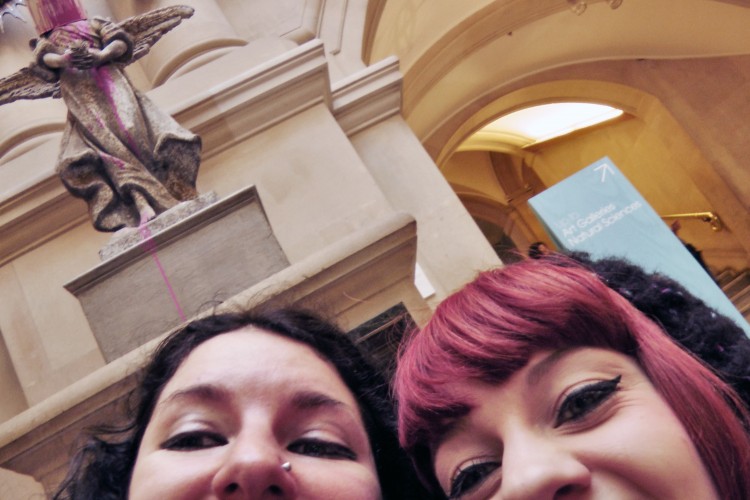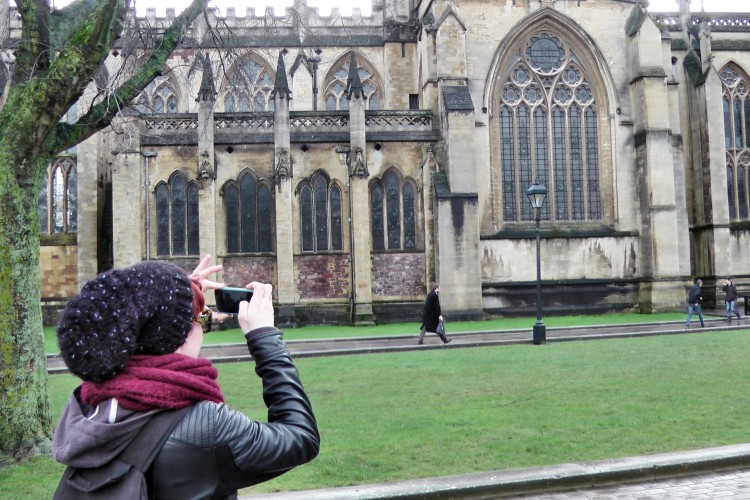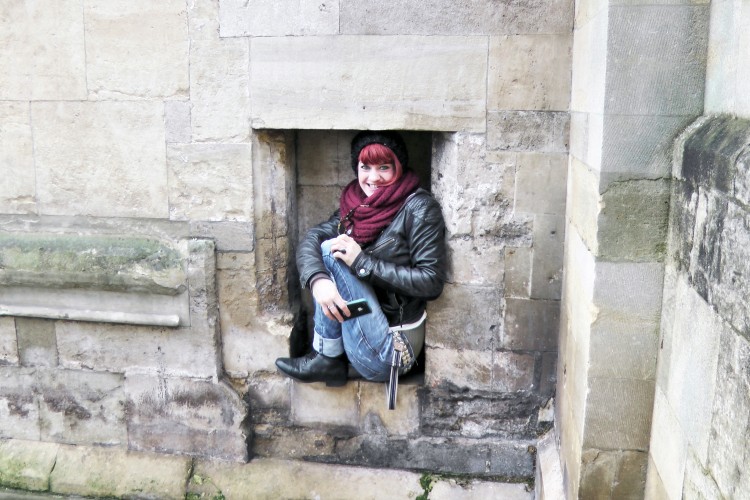
After an afternoon in Rabat our group hopped on a 4 hour train ride to Meknes where we stayed the night. Our train journey was an interesting one, half of our group (including Jon & I) ended up in a bare carriage with no seats and eventually surrounded by locals. We all shared cake and enjoyed having conversations with the natives. Moroccans are a very friendly and curious bunch as I discovered when I ended up in conversation with a Maths teacher who wanted to share his music with me on his iphone!
One thing I learned whilst in Morocco is that in comparison to other cultures, it is considered rude to eat snacks on local transport like trains and not offer any to those around you, it is always polite to try and share what you have even if the locals decline. I think this is a lovely thing to do considering us Brits are rather greedy and like to keep things to ourselves, the British culture as a whole does not like sharing and that includes personal space, food, clothing and having conversations that involve having to share any form of emotion. So this small gesture of kindness in Morocco is rather refreshing as I am always open to sharing and giving. Whilst on the 4 hour train journey it was interesting to slowly watch the landscape change from flat and industrial to lush with rolling hills.
Our group arrived in Meknes in the early evening and it was raining with a slight chill in the air! (Yes. It does rain in Morocco) so once we were designated to our rooms in the hotel and had 15 minutes to freshen up we all ventured out for our evening meal. I will say from what I saw of the city, this could be another place Westerners could live, it reminded me a little of the Lake District in England because it is located near the Atlas Mountains, Meknes has a seasonal climate, shifting from cool in winter to hot days in the summer months of June–September.
Meknes was the capital of Morocco under the reign of Moulay Ismail (1672–1727), before it was relocated to Marrakech. Meknes is named after a Berber tribe which was known as Miknasa (native Berber name: Imeknasen) in the medieval North African sources.















